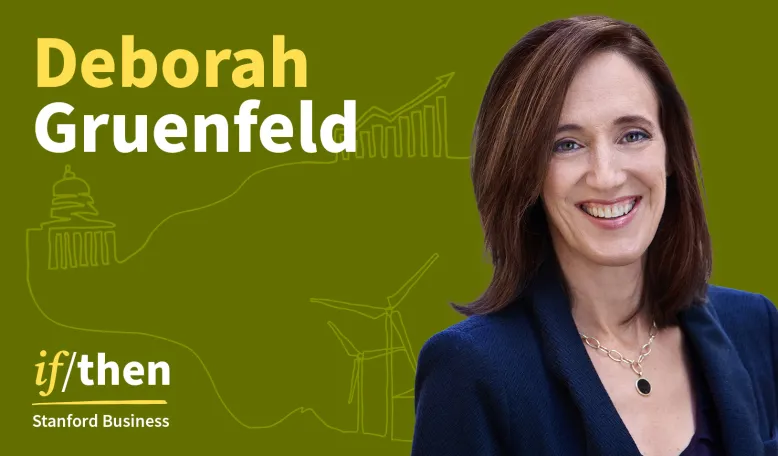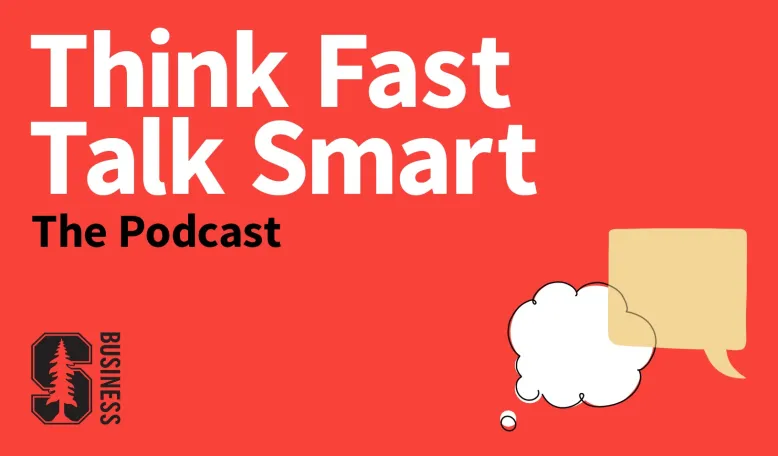Curriculum
Where does power come from? What role does humor play in leadership? Is it better to be adversarial or collaborative at the negotiating table?
High-Potential Women Leaders Program has developed a highly-specialized curriculum to help you explore how to use your power, strengthen your influence, and transform your leadership skills and career trajectory. All optimized for a virtual environment. Sessions focus on the issues of power and relationships, negotiation, team effectiveness, social networks, and influence. Because these are the most critical and complicated issues facing women in the workplace.
In our live online classroom you will:
- Engage directly with world-renowned faculty through real-time lectures, Q&A, and office hours
- Participate in hands-on negotiation simulations
- Collaborate and connect with other women leaders through discussions and group-based exercises
Program Highlights
Below are just a few of the sessions you’ll attend as part of the program.
The Challenges and Surprising Opportunities When Women Negotiate
In this session we will explore the reasons why women are less likely to initiate negotiations than their male counterparts. This session focuses on the basic components of preparation for negotiation as well as identifying the ways in which women can successfully frame their negotiations to mitigate the backlash that may accompany initiating a negotiation.
The AI-Powered Organization
Whether we like it or not, AI is changing how organizations operate. In this non-technical session, we will focus not on how AI works, but on the kinds of problems it can solve. We will distinguish between predictive and generative AI, and introduce frameworks for understanding which kinds of tasks can be fully outsourced to AI, which can be augmented by AI, and which should remain exclusively the purview of human decision-makers. As we will discuss, AI introduces many opportunities and risks. Successful organizations will integrate AI into their operations without ceding strategic decision-making to the machines.
Getting (more of) What You Want: Creating and Claiming Value
Everyone negotiates. Yet many people often think of negotiation only as a relatively rare event, involving an interaction between a buyer and a seller. Yet, in its various forms, negotiation is a much more ubiquitous and routine process used to resolve differences and allocate scarce resources with two or more parties. Even though we may negotiate almost continuously, it is clear that we (and others) leave resources “on-the-table,” agree to contracts and outcomes that are not in our best interest, and do little systematic assessment of either the quality of negotiated agreements or the appropriateness of our behavior.
Acting with Power
In this session, Professor Deborah Gruenfeld and author of the new book Acting with Power: Why We Are More Powerful Than We Believe, addresses how what we need from our leaders is changing, and how women leaders, in particular, can rise to the occasion, by learning to wield power without fear.
A New Type of Leader — Anchored on Purpose, Fueled by Humor
You, oh fearless leader of the future (and maybe present), are very important. You will make critical and far-reaching economic, political, and social decisions in your quest beyond Stanford to change lives, change organizations, and change the world. That’s serious stuff. So why humor? Our goal is to pin you down and not let you walk away from this session without a healthy dose of humanity, humility, and intellectual perspective that only humor can bring. Drawing upon the behavioral science of humor and laughter, this class is about the power (and importance) of humor to help leaders be more authentic and influential, cultivate more meaningful and productive relationships, produce more innovative ideas, and build more nimble and resilient teams and organizations.




